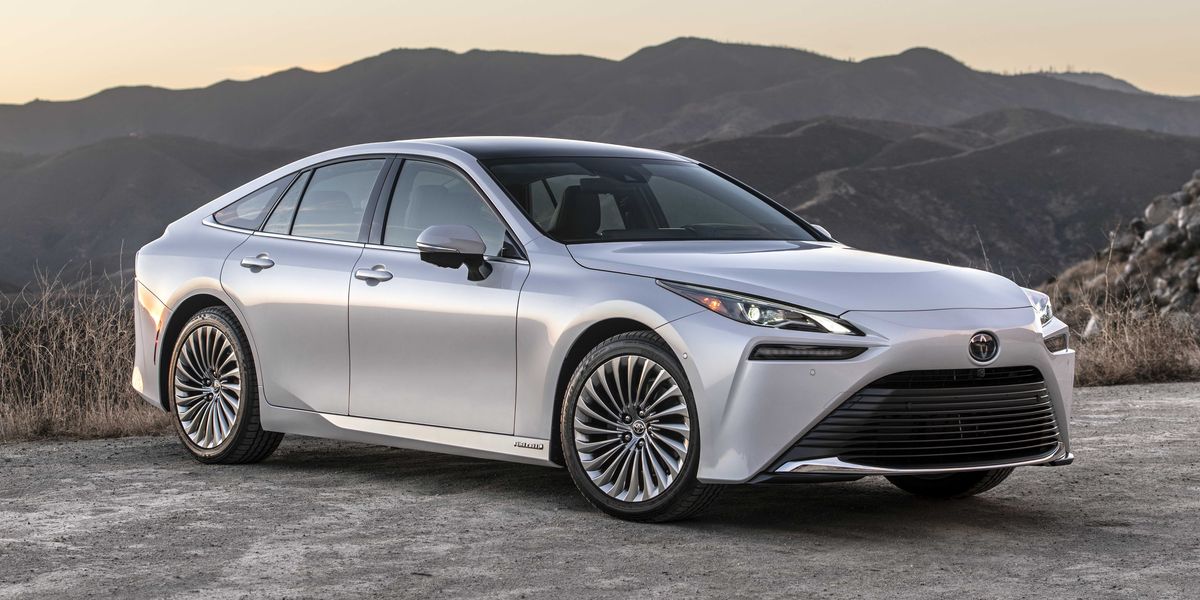Hydrogen-powered vehicles have long been considered expensive and complex, deterring many automakers from investing in their development. However, BMW and Toyota are different; these two automotive giants have been working on fuel cell technology for years and are now planning to deepen their collaboration.
Hydrogen-powered cars use hydrogen fuel cells to generate electricity, emitting only water vapor and heat as byproducts. These vehicles offer high efficiency and zero emissions, making them an eco-friendly alternative to traditional combustion engines. Currently, the market for hydrogen cars is growing, with significant advancements in fuel cell technology and increasing government support. However, sales remain relatively low compared to electric vehicles, and infrastructure development, such as hydrogen refueling stations, is still a challenge.

BMW and Toyota strengthen partnership for hydrogen technology
According to multiple media reports, BMW and Toyota are set to renew their partnership, with a new memorandum of understanding expected to be signed this week. The Bavarian automaker is reportedly planning to launch an affordable hydrogen vehicle by the end of this decade, potentially bringing the BMW X5 Hydrogen to mass production.
BMW CEO Oliver Zipse had previously hinted at this ambition during an interview late last year, stating that there is a significant “advantage when no one else is investing in this technology.” A recent visit to Japan and China further reinforced his commitment to hydrogen development. However, Zipse clarified that this investment in fuel cells does not signify a shift away from electric vehicles.
BMW and Toyota’s collaboration dates back to 2013, resulting in significant advancements in hydrogen technology. Toyota has already released the second-generation Mirai since 2020, while BMW is showcasing its progress with the iX5 Hydrogen prototype.
Shared expertise to lower costs and expand hydrogen infrastructure
The goal of this partnership is to reduce production costs and expand the hydrogen infrastructure through shared development costs and technical innovations. As reported by the economic portal Nikkei, Toyota is expected to supply more key components, including hydrogen tanks and fuel cell systems, under the extended partnership. BMW will complement this with its own electric drive technology.
A study by the Fraunhofer Institute last year suggested that hydrogen power could play a significant role in mobility by 2050, especially in heavy-duty transport and long-distance travel. The development of new production methods will be crucial in lowering production costs, which is precisely what BMW and Toyota aim to achieve with their renewed collaboration.









